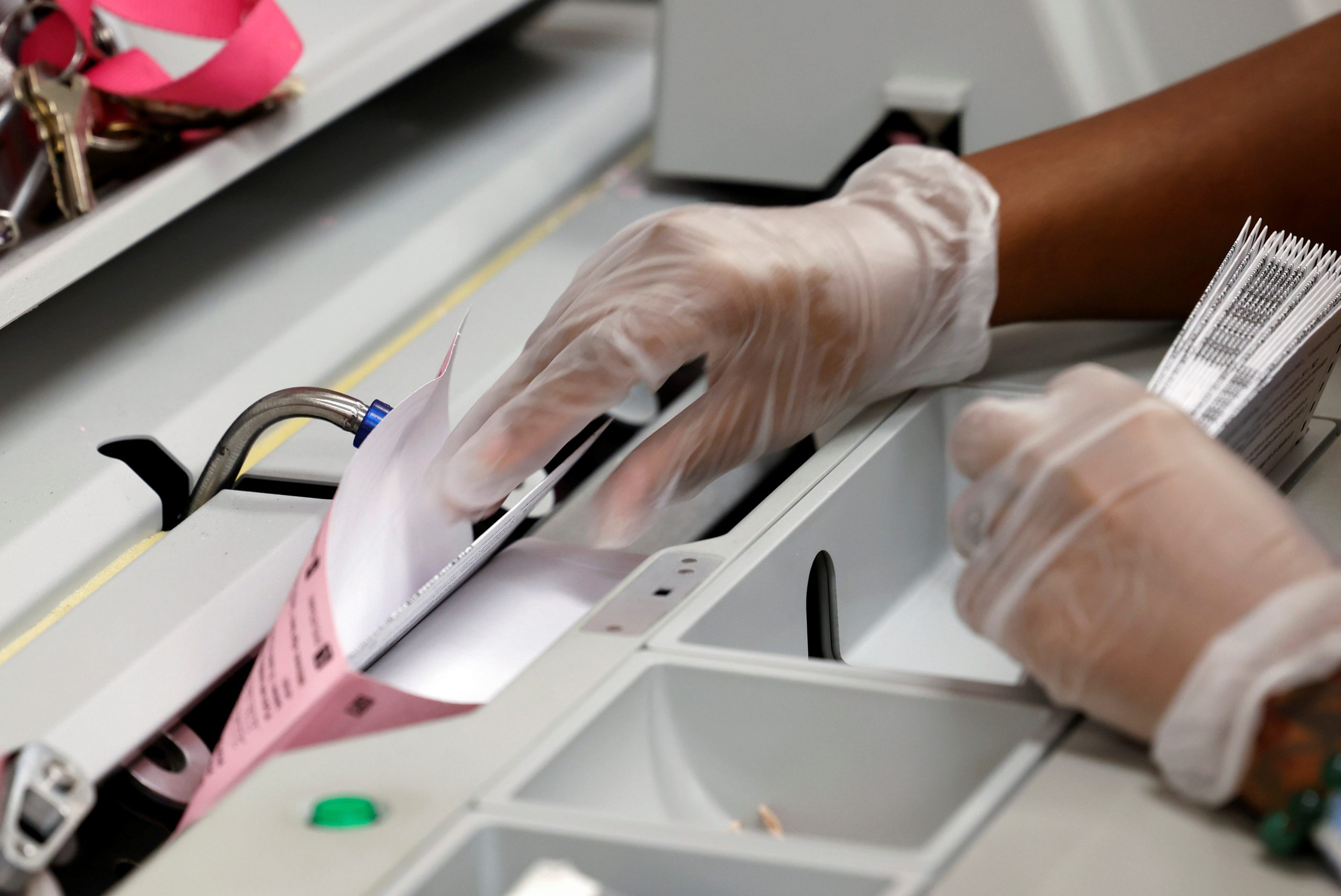
Chris Lange, FISM News
[elfsight_social_share_buttons id=”1″]
With the midterm elections less than two months away, there is a renewed focus on mail-in voting, as multiple U.S. legislators have enacted policies to either restrict or expand the practice that featured prominently in the 2020 election cycle that fell within the early days of the COVID-19 pandemic.
The Washington Examiner reported on Sunday that at least 18 states, most of which are controlled by GOP legislatures, have enacted new restrictions on mail-in ballots in an effort to mitigate potential voter fraud. The tightened restrictions include additional voter ID requirements and a shorter time frame in which voters who request mail-in ballots are permitted to send in their votes.
Democratic voters who took advantage of mail-in voting in 2020 far outweighed the number of Republican voters who did so, according to Reuters. Former President Donald Trump warned supporters that the practice would “lead to massive corruption and fraud,” which he subsequently blamed, in part, for his second-term election loss.
Texas passed election integrity legislation in 2021 that included a ban on the distribution of unsolicited mail-in ballot applications and a provision to allow voters with defective mail-in ballots to correct the defect. Two months later, in Nov. 2021, the Biden administration sued the Lone Star state over the law which happened to coincide with a Rasmussen poll showing that 74% of Americans support a photo ID requirement for voting, despite Democrats’ repeated claims that the requirement is inherently racist.
More recently, Virginia’s Republican Attorney General Jason Miyares on Friday announced the creation of a new Election Integrity Unit which is intended to provide legal advice to the Department of Elections and to investigate and prosecute violations of Virginia election law. Miyares’s office said the purpose of the unit is “to ensure uniformity and legality in application of election laws, and work with law enforcement to ensure legality and purity in elections” in a press release.
Meanwhile, 22 other states have, conversely, taken steps to expand access to mail-in voting, according to a statewide tracking list released by the National Conference of State Legislatures in February.
California is one of eight states that have passed laws requiring that mail-in ballots be sent to every voter, joining the ranks of Colorado, Hawaii, Nevada, Oregon, Utah, Vermont, and Washington.
Included in the Washington Examiner report was a run-down of the five topics uppermost on voters’ minds as the midterms fast approach, which were listed in the following order: abortion, inflation, education, taxes, and crime. The report was based on tracking conducted by the news service, which also reported that, as of Sept. 5, education was the most-searched election-related topic on Google, followed by crime and taxes.
